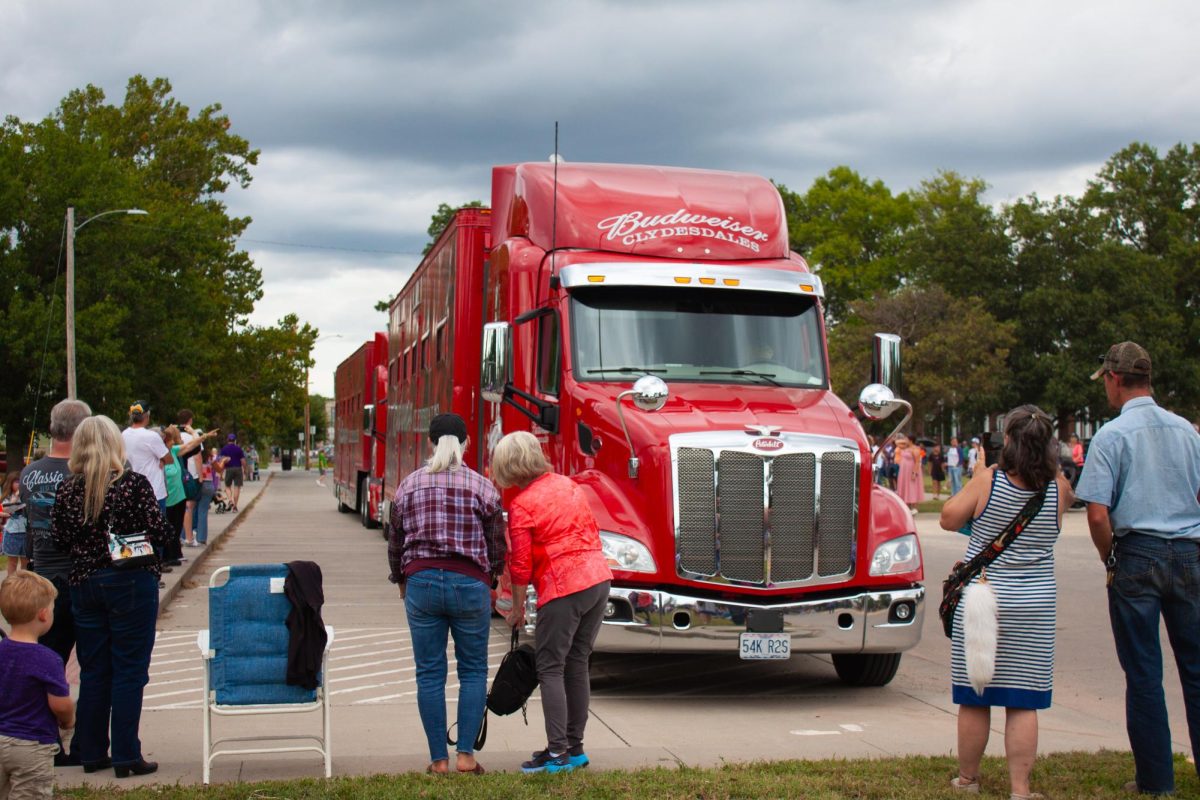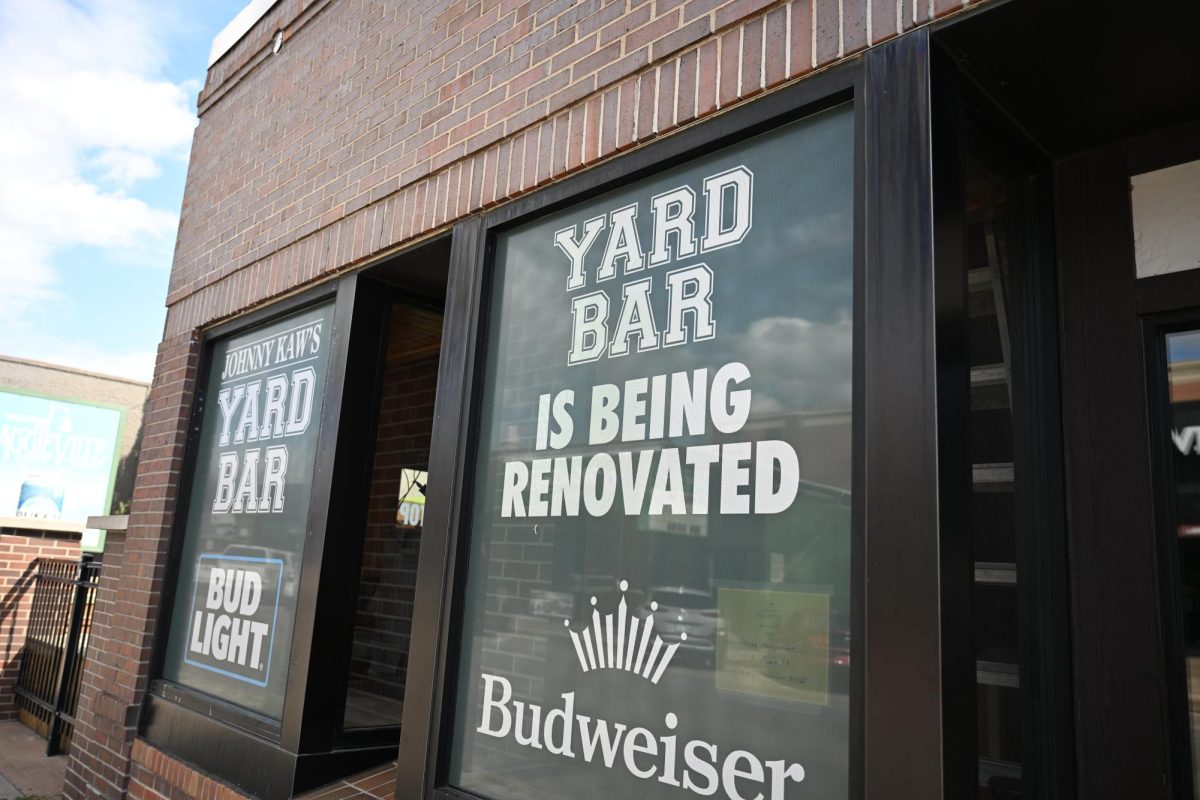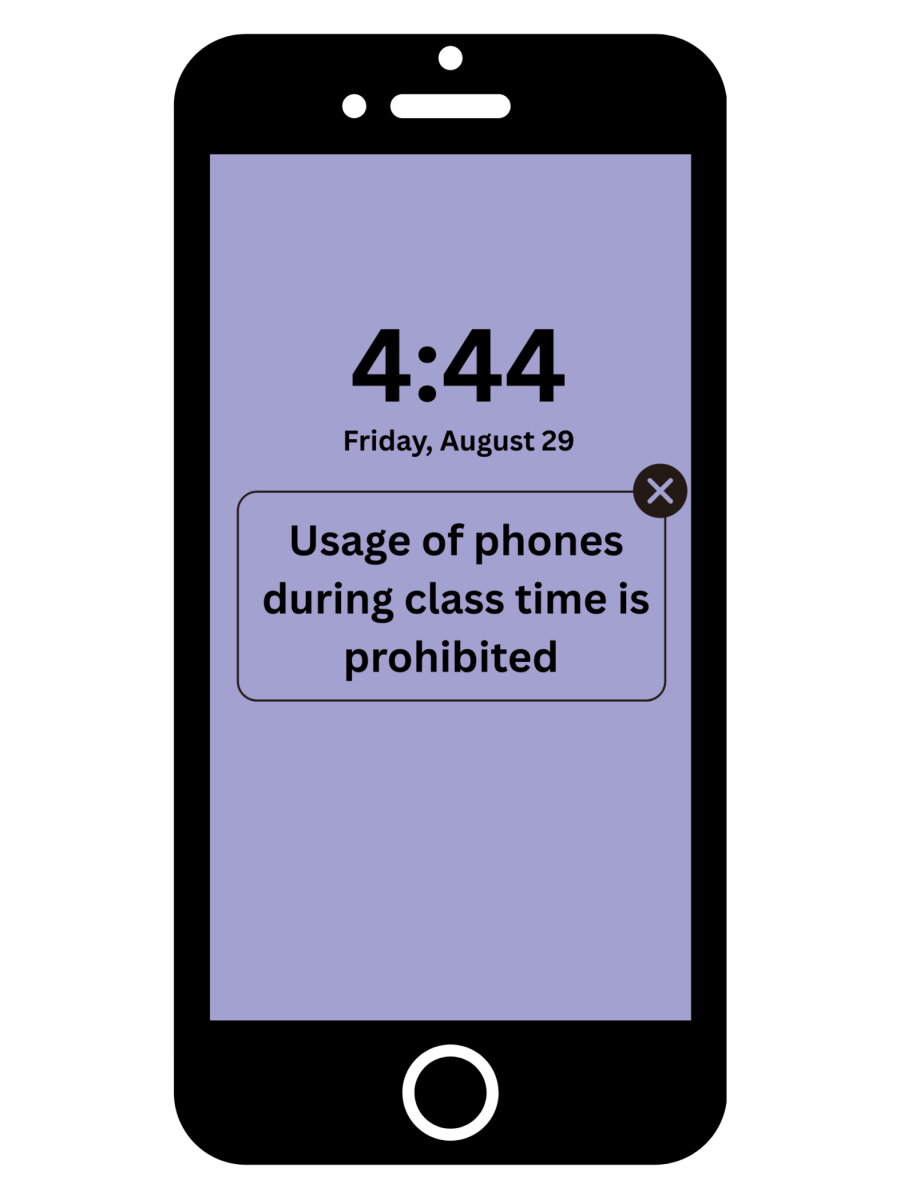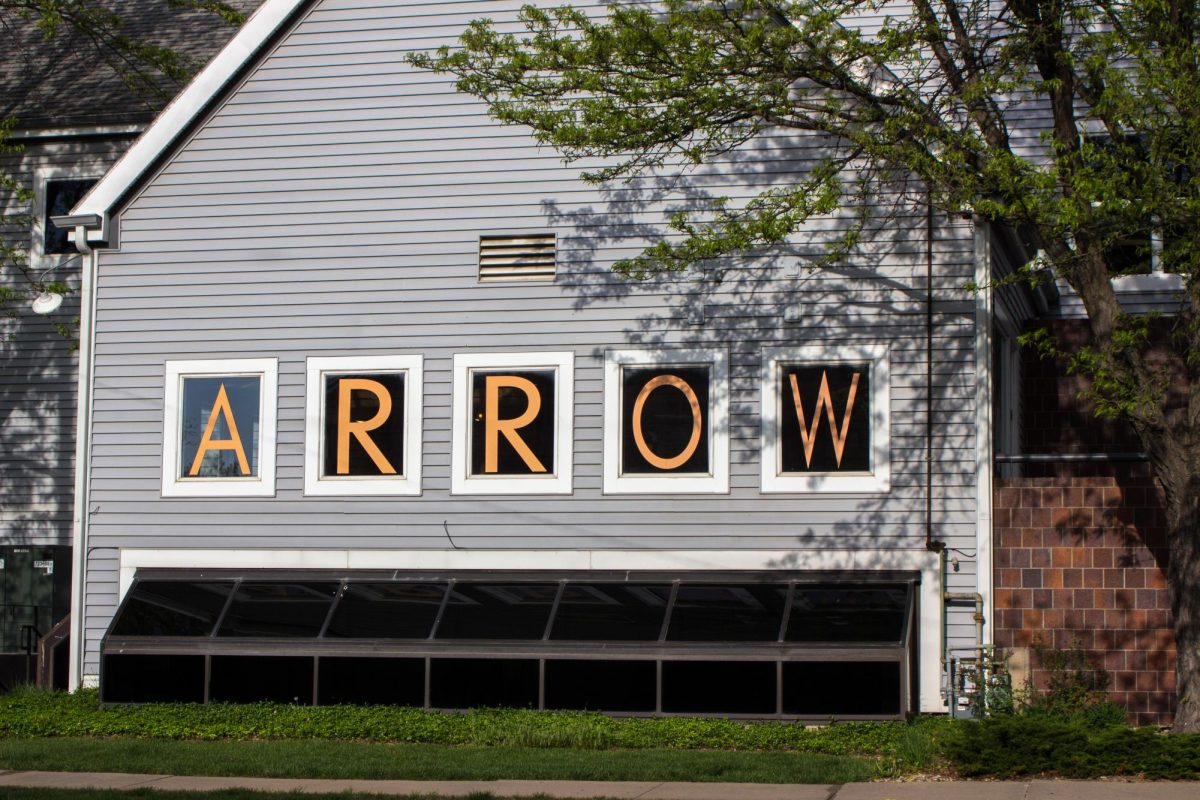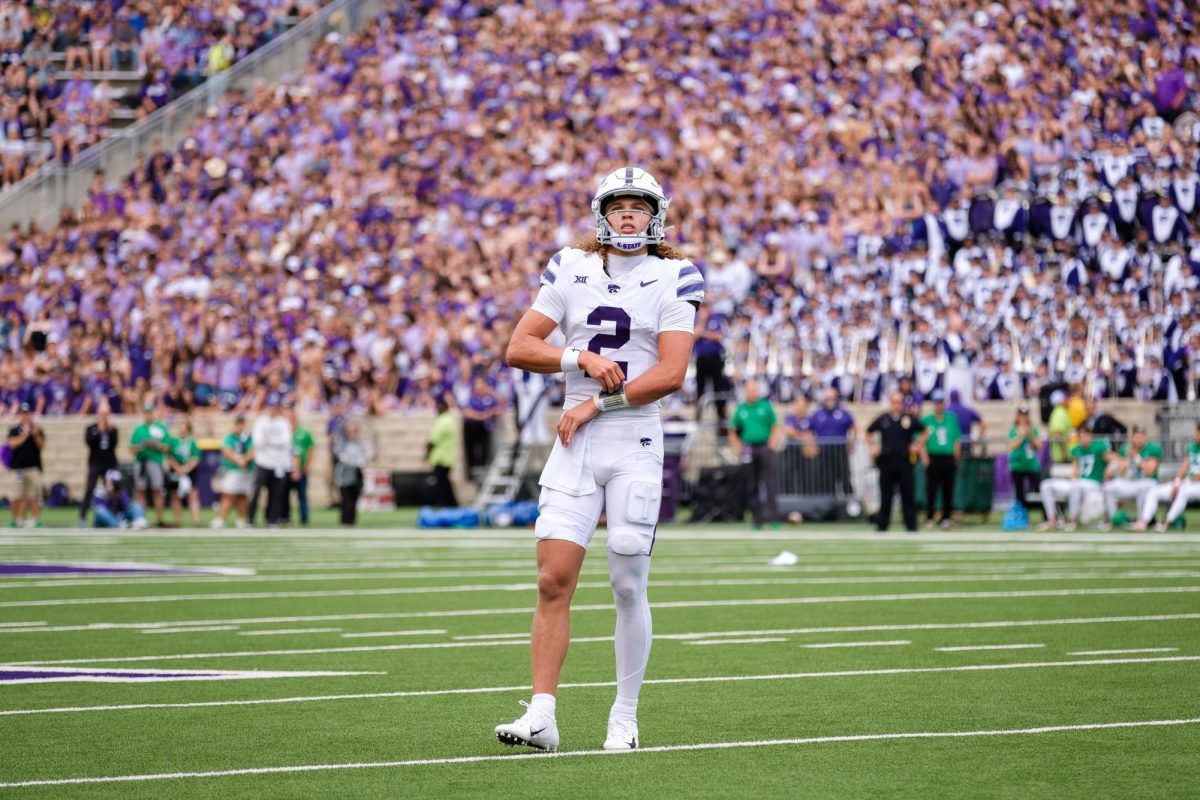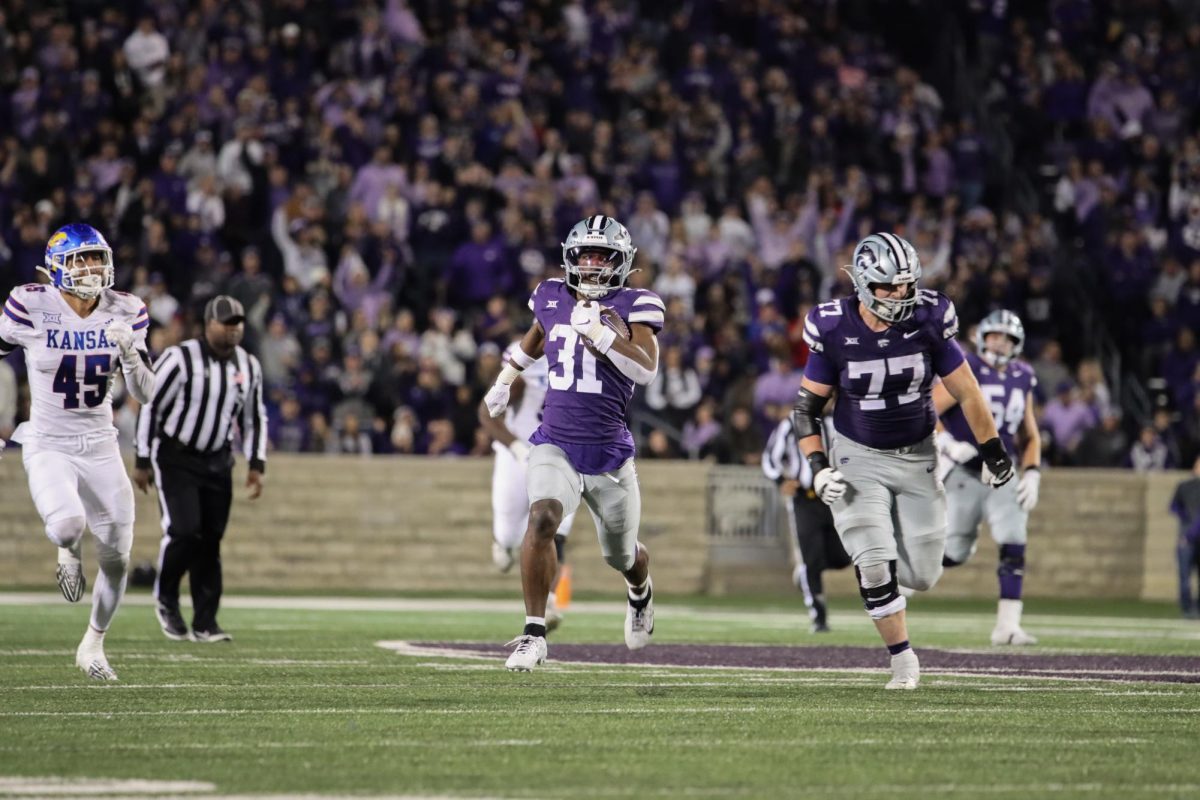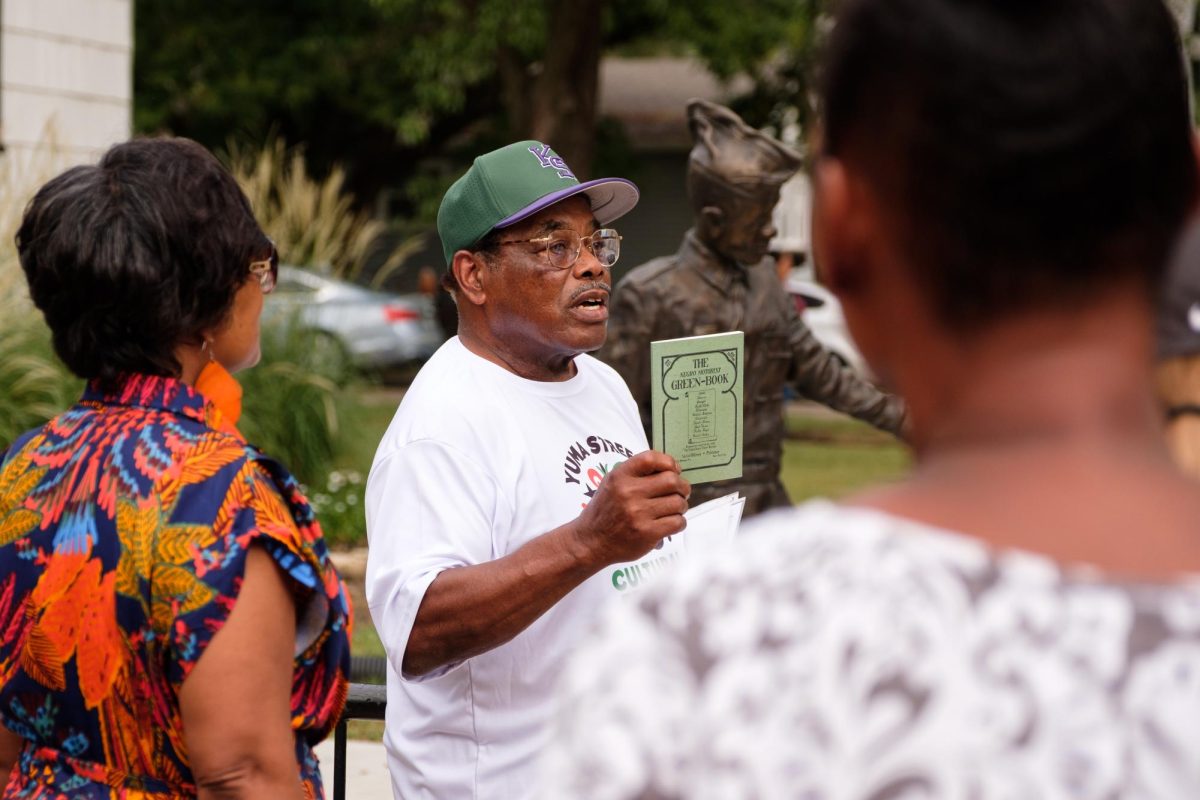The Kansas Energy Program is offering small businesses across the state free energy audits and assistance with grant applications. KEP aims to help local establishments reduce their energy costs and attain funding for infrastructure improvements.
Since its inception in 2016, the program has enabled dozens of businesses to lower expenses and enhance energy efficiency.
Regena Lance, a business owner in Mildred, Kansas, said KEP conducted a free energy audit of her store and helped her obtain grants to install LED lights, insulation and energy-efficient coolers.
“It would have never happened without them,” Lance said. “When we first bought the store … the electricity bills were just outrageous.”
KEP helped Kansas small businesses and agricultural producers receive over $1 million in grant funding for energy infrastructure upgrades. Its free energy assessments help save Kansans $1.7 million each year.
Kurt Foley, certified engineer manager for KEP, said the organization works with many rural grocery stores to identify energy-efficient opportunities to reduce food spoilage and provide customers with more comfortable spaces.
“There’s just a lot of things that come with energy efficiency,” Foley said. “It’s a great opportunity for rural businesses to reduce their expenses, increase their revenue, and hopefully maintain their operations in those rural communities.”
Lance said KEP is “one of the greatest programs” available to her business and was the only free consultation service available for Kansas for Rural Energy for America Program grants.
“The best part of it is they do 90% of the work, and there’s no charge,” Lance said. “I mean, you can’t get people to do the work that they do at all free of charge any place else … With the K-State Group, they come out and will do your energy audit and they do all of that paperwork, which is a tremendous amount that takes a load off when you’re trying to apply for something like that.”
Director of Engineering Extension David Carter said KEP conducted more than 200 free energy assessments, achieved a small business grant approval rating of 97%.
“We provide free resources to the schools — the K-12 schools — and to these ag producers and rural small businesses,” Carter said. “Probably many of them are unaware that these resources are there and free to them. So that’s the biggest thing that we always try and push out is, ‘Hey, we’re here for you. It’s not going to cost you anything.’”
Housed under the K-State engineering extension, KEP doesn’t receive university funding, instead relying only on yearly grant receipts, such as the recent $600,000 grant from the Kansas Corporation Commission Oct. 18.
Carter said that grant is the latest in a partnership dating back to 2016.
“KCC gets their funding through a Department of Energy state energy program grant,” Carter said. “The Kansas Corporation Commission Energy Office is the State Energy Office for Kansas, and then they passed through a portion of that funding to us to provide the technical assistance for ag producers and rural small businesses for energy efficiency, renewable energy projects and energy education for the state overall.”
Linda Berry, Director of Public Affairs and Consumer Protection at KCC, said KEP’s technical expertise has brought “incredible value to our energy program and has shown benefits to all those that they work with.”
“[KEP has] very specific programs that they work with us on, and probably one of the most successful is the Small Business energy program,” Berry said. “The fact that they go in and do no-cost energy assessments to help business owners save on energy costs, and in turn, be more profitable has been a big advantage. They also are able to help them apply for REAP grants to fund any improvements or changes in the operation that will help them be more profitable. The partnerships worked very well.”
Carter said the existence of these grants has allowed small businesses up to 50% reimbursement for renewable energy and energy-efficient project improvements.
“It used to be when we first started that ag producers and small businesses could get up to 25% of a renewable energy or an energy efficiency project reimbursed if their grant was approved,” Carter said. “With the Biden administration’s Inflation Reduction Act, the portion that can be reimbursed is up to 50%. That’s a huge deal for these people. If they’re doing renewable energy such as solar, they can get up to 50% reimbursed under the USDA grant, but they’re still eligible for the tax credits of up to 30% and that’s on the full cost, not the cost minus the 50%. It’s a really big deal. Our grant application submissions have just skyrocketed because of that.”
To schedule a free energy assessment or learn more about available funding opportunities, visit the Kansas Energy Program website.


